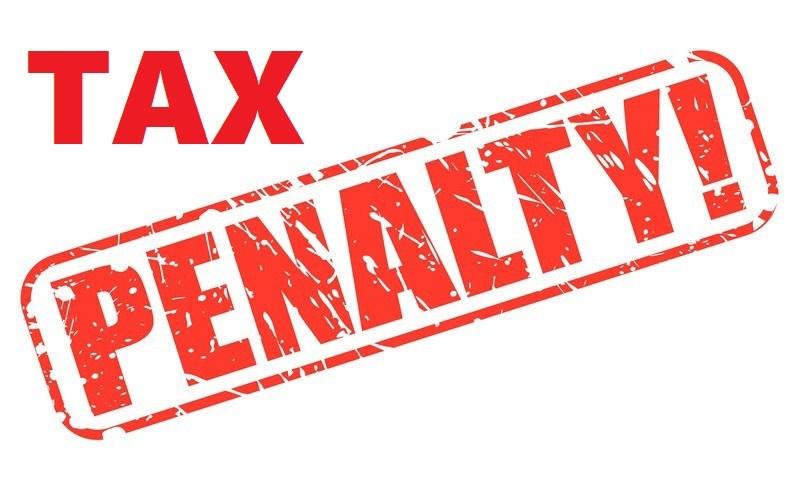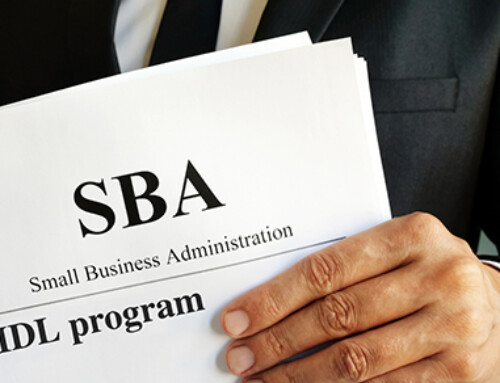You hate IRS penalties, right? Everyone does!
There are a lot of strategies we can use on your behalf to potentially defeat an IRS penalty.
Thanks to the courts, though, we now have a brand-new way to beat an IRS penalty. It’s Section 6751(b) of the Internal Revenue Code.
This provision can get you out of a penalty—even if you are truly liable for it under the law—if the IRS didn’t follow proper legal procedures before assessing it.
Code Section 6751(b) says that the IRS cannot assess a penalty unless an IRS supervisor or higher-level official designated by the Treasury secretary personally approved the determination in writing.
If the IRS does not follow this administrative requirement, then the IRS erroneously assessed the penalty, and we can have it abated for you.
This provision does not apply to
- individual and C corporation late-filing and late-payment penalties,
- individual and C corporation estimated tax payment penalties, or
- any other penalty automatically calculated through electronic means.
This abatement also does not apply to FBAR penalties. Title 31 of the United States Code authorizes FBAR penalties, and the penalty abatement provision we’re talking about covers only Title 26 penalties (i.e., penalties under the Internal Revenue Code).
Some of the penalties that Section 6751(b) applies to include:
- Accuracy-related penalties
- Civil fraud penalties
- Daily delinquency penalties (e.g., Form 990)
- Information return penalties (e.g., Form 1099, Form W-2)
- International information return penalties (e.g., Form 8938, Form 5471)
- Partnership and S corporation late-filing penalties
- Tax return preparer penalties
- Trust fund recovery penalties
- Valuation penalties
If you need us to help you with one of these penalties or you have a friend in need of our help, please call the office to set up a time to meet.





